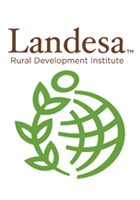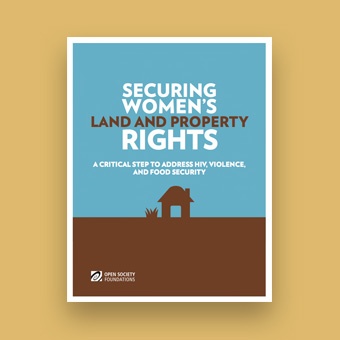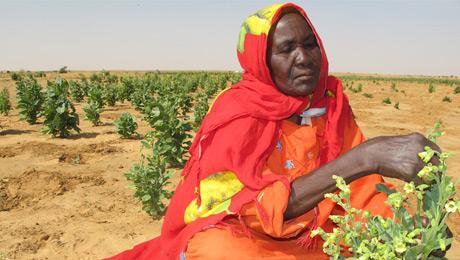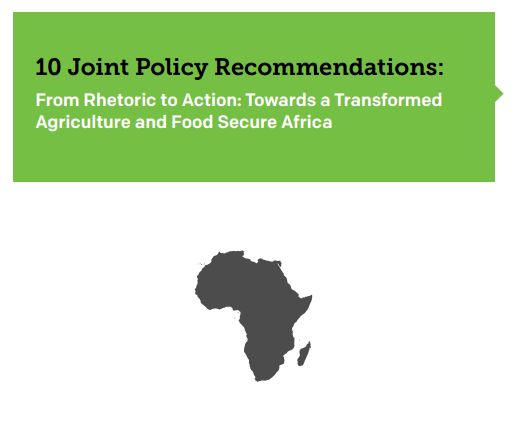EMPOWERING ADOLESCENT GIRLS THROUGH LAND – A PUBLIC-PRIVATE PARTNERSHIP
March 2014 – In 2012, Landesa and the government of West Bengal, India, entered an innovative partnership aimed at using land to reduce risks facing rural adolescent girls, including poverty, malnutrition, lack of education, and early marriage. This paper addresses pilot project features including girls groups, peer leader methodologies, community engagement, a land rights and land-based livelihoods curriculum, and partnerships with government stakeholders.









